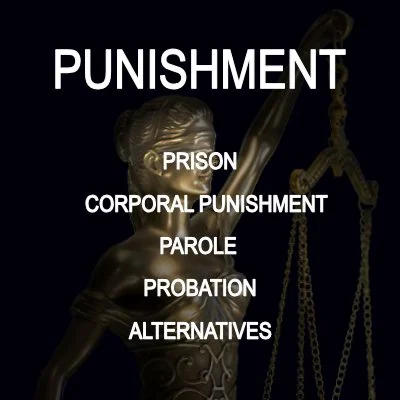By Maxim Ananyev, Mikhail Poyker:
Inmates' informal code regulates their behavior and attitudes. We investigate whether prisons contribute to the spread of these norms to the general population using an exogenous shock of the Soviet amnesty of 1953, which released 1.2 million prisoners. We document the spread of prison norms in localities exposed to the released ex-prisoners. As inmates' code also ascribes low status to persons perceived as passive homosexuals, in the long run, we find effects on anti-LGBTQ+ hate crimes, homophobic slurs on social media, and discriminatory attitudes.
ZA DP No. 17138\ Bonn: Institute of Labor Economics, 2024.





